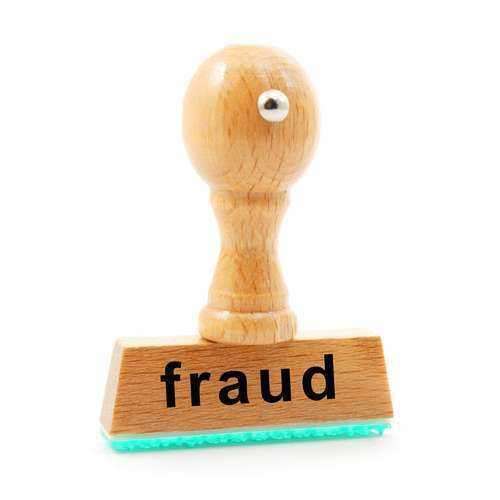
There are several exceptions to contracts that would otherwise be subject to the terms of the Statute of Frauds. These exceptions can either serve to compel action on the part of one of the parties to the contract or to prevent an action from occurring.
Partial performance can also invalidate a defense predicated upon the Statute of Frauds. Partial performance only affects contracts for goods or for real estate. Partial performance in real estate contracts involves when one of the parties has provided partial payment under the contract’s terms, taken possession of the land, and made permanent changes to the real estate. Partial performance may result in the enforcing of an oral real estate contracts if the courts cannot easily or fairly return the parties to the conditions they were in before the commencement of the contract.
Admission is always a reason that contracts can be exempted from the restrictions placed on them by the Statute of Frauds. If one of the parties admits that they are bound by the contract, either by action or by statement, they cannot then claim that the Statute of Frauds relieves them of their obligations. Admission is an exception to all the provisions of the Statute of Frauds.
Promissory estoppel is another common reason that the Statute of Frauds can cease to apply to a contract. It can arise in contracts for the sale of real estate, contracts that cannot be completed within a year, and contracts for the satisfaction of another party’s debt.
Promissory estoppel can result in the enforcement of contracts that the Statute of Frauds would otherwise not allow if one of the parties made a justifiable reliance on the other party’s promises. Promissory estoppel applies if the reliance resulted in harm to the party that was relying upon it, the party that made the promise could have reasonably foreseen that reliance, and the only way to avoid committing an injustice is to enforce the contract.
There is an exception granted to contracts in which one party assures the debts of another. If the main reason that the assuring party enters into the agreement is selfish, or that is is to ensure that the indebted party also pays a debt owed to the assuring party, then the contract may not be required to be written down.
The final two reasons that contracts may be enforced even if they do not adhere to the Statute of Frauds are limited to contracts for the sale of goods. If a contract commissions the sale of personalized items from one party to another, the contract may be enforceable even if the value is below $500. The reason contracts for personalized good can be enforced is because the courts generally find that it would place an unjust burden on the party that customized the goods to find a purchaser for the customized goods in the event the original purchaser attempts to renege on the contract.
If the contract is between two parties, a memorandum can serve to invalidate a defense by a party claiming that the Statute of Frauds makes the contract voidable or unenforceable. A memorandum can take a variety of forms, but in essence is a note exchanged by two parties that lays out the subjects discussed in a meeting. These memorandums do not have to take a particular format to invalidate a defense reliant upon the Statute of Frauds to escape liability.








